Choosing the right mattress is crucial and can significantly impact your sleep quality and overall well-being. When it comes to mattress options, two common choices you'll encounter are firm and plush mattresses. Each offers distinct benefits and drawbacks, making it essential to understand your preferences and sleep needs before deciding. Hence, in this discussion, we will explore the differences between firm and plush mattresses to discover the better choice for your restful sleep.
Characteristics of Firm Mattress
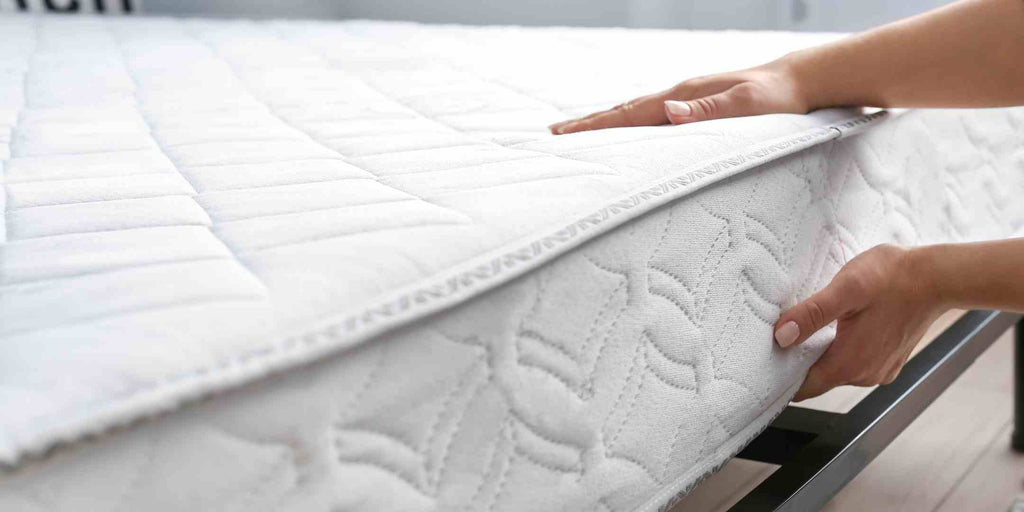
Stability and Support
Firm mattresses are constructed to maintain a flat and unyielding surface, and they offer strong support for your body, especially for those who prefer sleeping on their backs or stomachs. The firmness helps align your spine, which can alleviate back pain for some individuals.
Durability
Firm mattresses tend to have a longer lifespan compared to softer ones. The robust construction and minimal sagging ensure they maintain their shape and support over time.
Cooling
Many firm mattresses are designed with materials that promote airflow and heat dissipation, making them suitable for hot sleepers.
Allergy-Friendly
Their tight construction can also make them less hospitable to dust mites and allergens, which benefits those with allergies or respiratory issues.
Characteristics of Plush Mattress
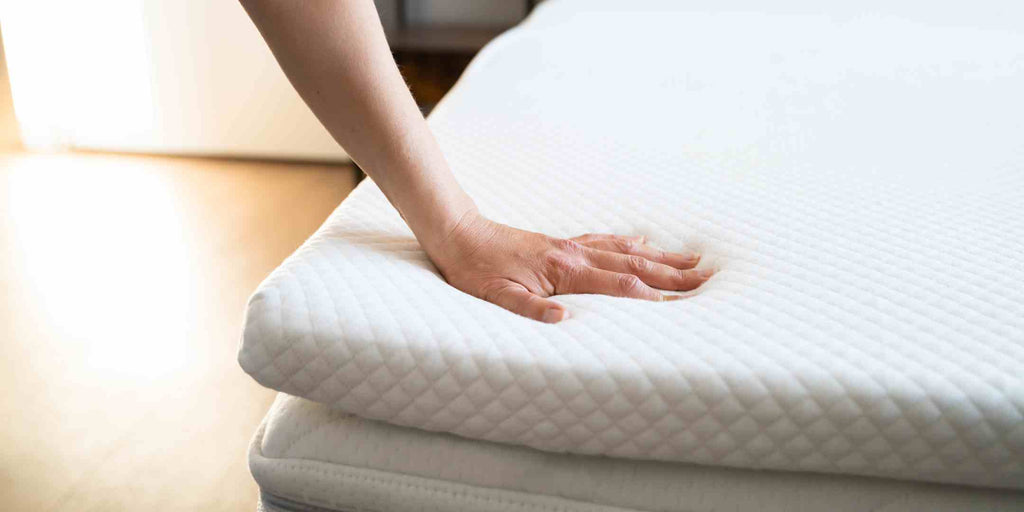
Softness and Comfort
Plush mattresses are all about creating a cosy and inviting sleep surface which is particularly appealing to side sleepers. They often have a cushiony top layer that conforms to your body's contours, cradling you comfortably.
Pressure Relief
The softness of plush mattresses is excellent for relieving pressure points, such as hips and shoulders, which can help reduce discomfort for people who suffer from joint pain or arthritis.
Conforming Support
Plush mattresses offer a degree of conformity to your body shape while still providing adequate support. This balance can benefit those who want a comfortable surface without sacrificing support.
Isolation of Motion
Plush mattresses often excel in isolating motion, meaning that movements from one side of the bed are less likely to disturb a partner on the other side.
Differentiating Factors Between Firm and Plush Mattresses

Support vs. Comfort
The primary distinction between firm and plush mattresses lies in the balance between support and comfort. Firm mattresses prioritise support for proper spinal alignment, while plush mattresses prioritise comfort and pressure relief.
Sleeping Position
Your preferred sleeping position is crucial in deciding between firm and plush. Back and stomach sleepers generally better on firm mattresses, while side sleepers may prefer the softness of plush mattresses to cushion their pressure points.
Health Considerations
Due to their support, individuals with back pain or orthopaedic issues often find relief on firm mattresses. Plush mattresses may be more suitable for those with joint pain or pressure relief conditions.
Temperature Sensitivity
Firm mattresses often have features for temperature regulation, making them cooler options for hot sleepers. Plush mattresses, while comfortable, can retain heat due to their softer materials.
Factors to Consider When Choosing a Mattress

Body Type and Weight
Your body weight determines how much you sink into a mattress, with heavier individuals often preferring firmer mattresses for better support, while lighter individuals may find softer mattresses more comfortable. Body shape also matters, as curvier individuals may benefit from plush mattresses that contour their curves.
Sleeping Position
Your preferred sleeping position influences the ideal mattress firmness. Back sleepers typically need moderate firmness, side sleepers require a softer surface for contouring, stomach sleepers benefit from firmer support, and combination sleepers may prefer a medium-firm mattress.
Back Pain or Other Health Considerations
Specific health concerns should guide your choice. A firmer mattress may offer relief for back pain, while those with joint pain often prefer plush mattresses for pressure relief.
Personal Preferences and Comfort
Consider mattress features, materials, and your budget and consider sleep trials as it allows you to test comfort at home. Materials like memory foam or latex influence feel and budget constraints will impact your options. Personal preference ultimately determines the mattress that suits your unique comfort needs.
Benefits of Firm Mattress
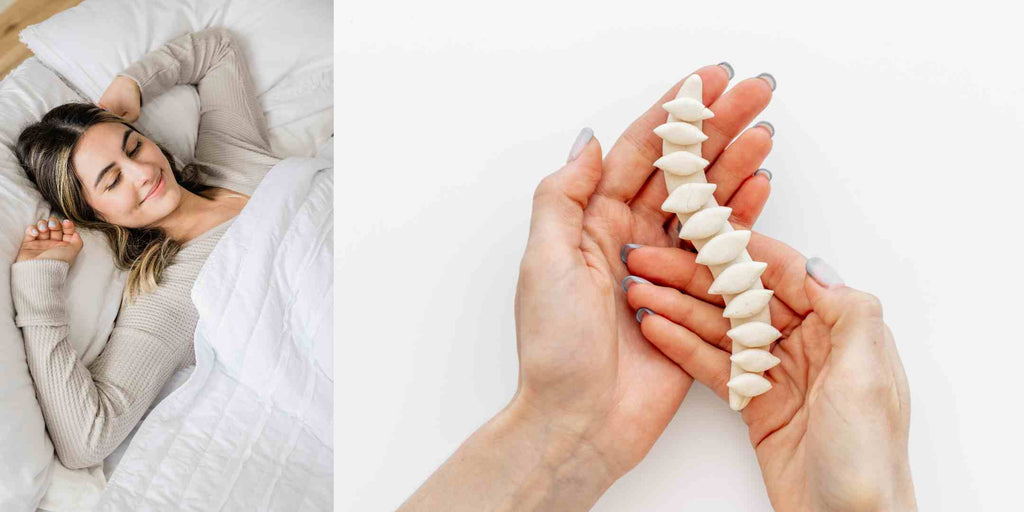
Spinal Alignment and Support
Firm mattresses provide excellent support for your spine, helping maintain proper alignment, alleviating back pain and promoting overall spinal health.
Longevity
Due to their robust construction, firm mattresses often have a longer lifespan than softer alternatives. They resist sagging and indentation, ensuring lasting support.
Allergy-Friendly
Firm mattresses with tight construction are less likely to harbour dust mites and allergens, making them a favourable choice for individuals with allergies or respiratory issues.
Drawbacks of Firm Mattress
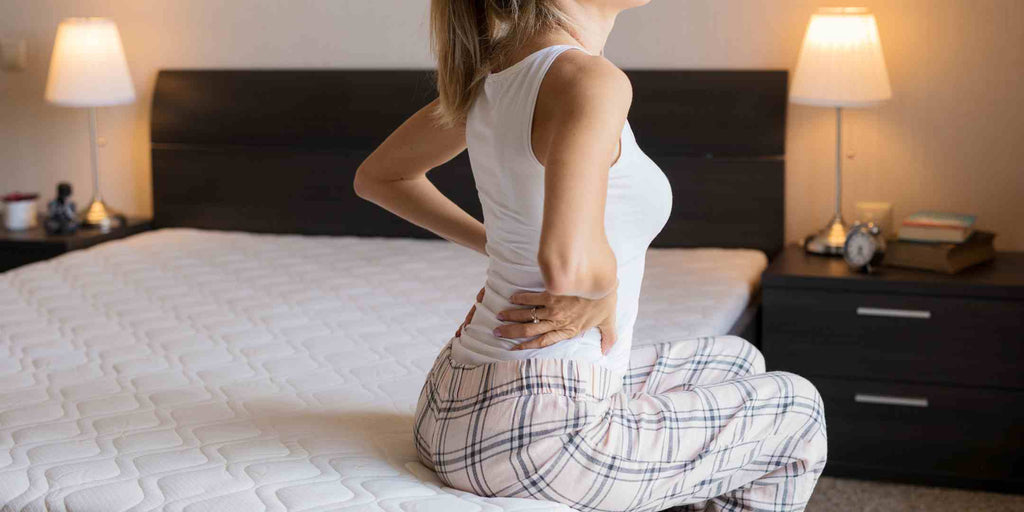
Limited Pressure Relief
Firm mattresses may not offer sufficient cushioning for sensitive pressure points like shoulders and hips, potentially leading to discomfort, especially for side sleepers.
Less Conforming to Body Shape
The rigidity of firm mattresses means they don't conform as closely to the body's contours as plush mattresses, which can affect overall comfort and pressure relief.
Benefits of Plush Mattress

Pressure Relief and Comfort
Plush mattresses excel at providing a soft and cushioned sleep surface. They conform closely to the body's curves, which helps relieve pressure points, particularly at the shoulders and hips, resulting in a more comfortable and pain-free sleep, especially for side sleepers.
Conforming Support
Plush mattresses offer a balance between comfort and support. They contour to your body shape, providing a snug and cosy feel while maintaining adequate support for your spine.
Improved Circulation
Plush mattresses can enhance blood circulation during sleep by reducing pressure on key areas, potentially reducing the risk of waking up with numbness or tingling sensations.
Motion Isolation
Plush mattresses often excel at isolating motion, meaning that movements on one side of the bed are less likely to disturb a sleeping partner on the other side.
Drawbacks of Plush Mattress

Less Support for Some Individuals
While plush mattresses provide comfort and pressure relief, they may not offer enough support for specific individuals, particularly those with back pain or requiring a firmer surface for proper spinal alignment.
Reduced Durability
Plush mattresses may be more susceptible to sagging over time than firmer mattresses. The soft cushioning materials can compress, leading to indentations and reduced longevity.
Heat Retention
Plush mattresses, especially those with memory foam, may retain heat, making them less comfortable for hot sleepers. They can sleep warmer than firmer alternatives if not designed with proper cooling technology.
FAQs
What is the main difference between a firm and a plush mattress?
The main difference lies in the level of firmness and support. Firm mattresses are solid and provide strong support with minimal cushioning, while plush mattresses are soft and cushioned for a more comfortable, contouring feel.
Which sleeping position is best suited for a firm mattress?
Firm mattresses are often recommended for back and stomach sleepers because they support proper spinal alignment.
Are plush mattresses good for people with back pain?
Plush mattresses can relieve pressure for people with back pain, especially if they sleep on their sides. However, individuals with chronic back issues may find better relief on a firmer mattress that offers more support.
Do firm mattresses last longer than plush ones?
Generally, firm mattresses have better longevity because they resist sagging and indentation. However, the lifespan of any mattress depends on its quality and how well it's maintained.
Do firm mattresses work for couples?
Firm mattresses can work well for couples, especially if both individuals have similar comfort preferences and sleep positions. However, it's important to consider motion isolation features if one partner is a restless sleeper.
What is the average lifespan of a mattress, regardless of firmness?
The average lifespan of a mattress is typically 7-10 years, but this can vary depending on factors like the quality of the mattress, usage, and maintenance. Regularly rotating and flipping your mattress can help extend its life.
Final Thoughts
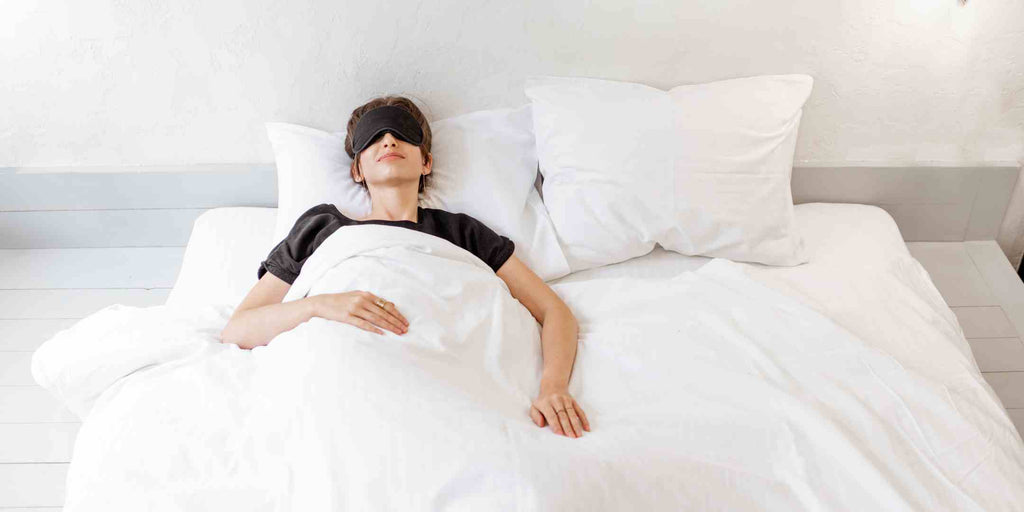
Selecting the right mattress is a decision that should be taken with seriousness. After all, it directly affects your sleep quality, which, in turn, profoundly impacts your overall health and well-being. Whether you're considering a firm or plush mattress, or perhaps even something in between, here are some key takeaways: Prioritise your comfort and needs above all else, as there is no universal "best" mattress. What matters most is what works for you. Remember that investing in a quality mattress is investing in your health and daily well-being, making it a decision worth careful consideration and research.
Disclaimer: All the information, including the texts, images, and other materials on this website, are for educational purposes only. While we aim to provide accurate information, nothing on the Megafurniture website should be considered a replacement for medical advice, diagnosis, or treatment. Always consult a qualified medical professional before making any decisions regarding your health.








